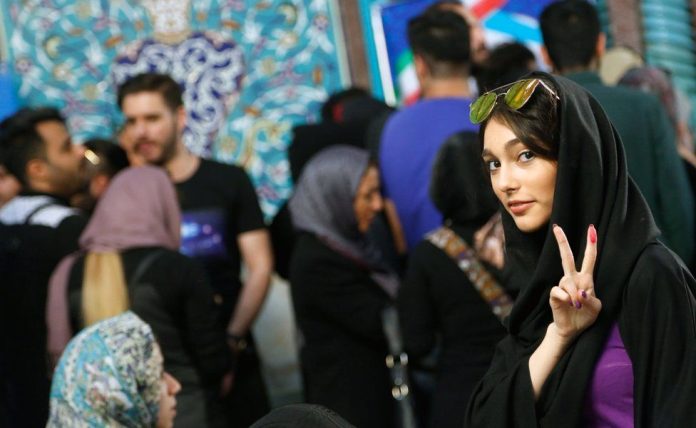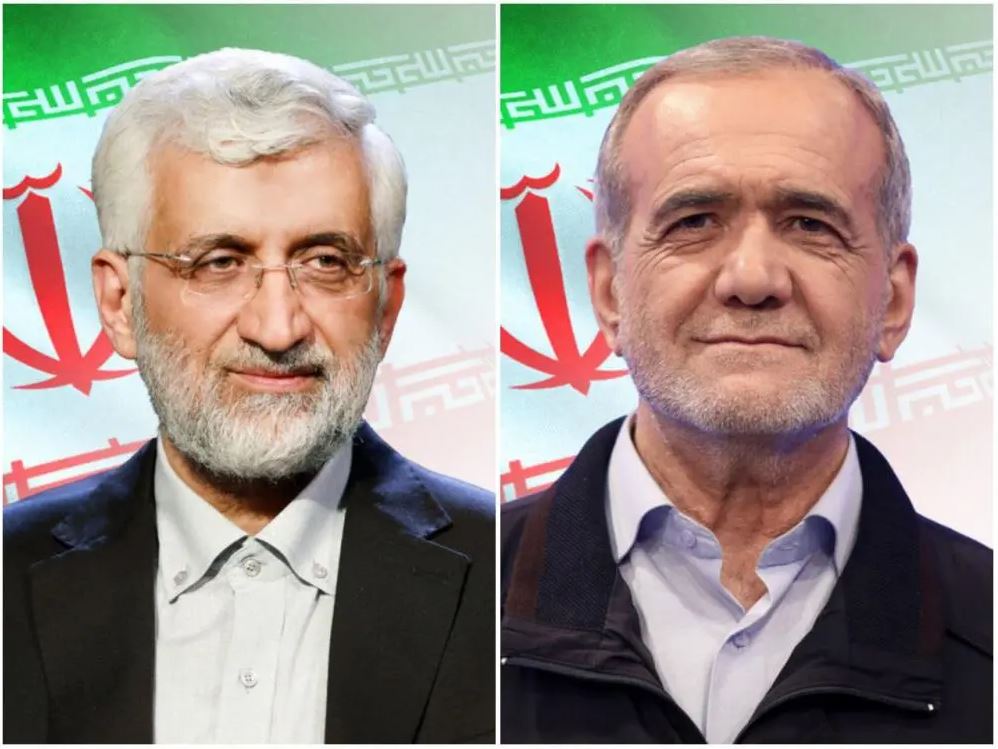Millions of Iranians, in a display of tremendous patriotic fervor, participated in Friday’s snap presidential election to choose the successor of President Ebrahim Raeisi, who passed away in a helicopter crash last month.
The Constitution of the Islamic Republic of Iran stipulates that the election for a new president must be held within 50 days following the death of a sitting president.
The voting on Friday followed weeks of intense campaigning, including field events, televised debates, and roundtable discussions in which the six candidates approved by the Constitutional Council, the country’s top election supervisory body, presented their blueprints and strategies.
As Election Day approached, two presidential candidates, Ghazizadeh Hashemi and Alireza Zakani, dropped out of the race to build consensus around one candidate.
Four other candidates – Parliament Speaker Mohammad Baqer Qalibaf, former nuclear negotiator Saeed Jalili, former health minister Masoud Pezeshkian, and former interior minister Mostafa Pourmohammadi – chose to remain in the race.
In the week leading up to the June 28 election, various government bodies in Iran made extensive efforts to ensure the smooth conduct of Friday’s election for voters in Iran and overseas.
A total of 344 polling stations were designated for voters at Iranian diplomatic missions across the world to facilitate the participation of Iranians abroad in the voting process to elect the new president.
Iranian nationals living abroad, from New Delhi, Kuala Lumpur, Zagreb, Najaf, Stockholm, Dhaka, Rome, and Vienna to Brussels, and numerous other locations, exercised their voting rights.
In some Western capitals, such as London, anti-Iran elements affiliated with the MKO terror cult tried to disrupt the election process and intimidate voters, but the voting continued uninterrupted.
More than 58,000 polling stations were set up inside the country, with over 6,000 in the capital, Tehran.
The voting process began nationwide at 8:00 am local time Friday morning with great enthusiasm, as voters of diverse backgrounds lined up before polling booths to cast their ballots.
Read More: Iran presidential election race goes to round 2 between Pezeshkian and Jalili
Ayatollah Seyyed Ali Khamenei, the Leader of the Islamic Revolution, started the day by voting early in the morning, emphasizing the importance of a “robust voter turnout” in the presidential election.
Throughout the day, Iranians of all ages and various social strata from every corner of the country headed to polling stations to participate in the historic election.
Speaking to the Press TV website, a man in his thirties voiced his expectations from the new president, emphasizing that he must understand and address the country’s issues with honesty and diligence like his predecessor, President Raeisi.
Reflecting on the directives of Ayatollah Khamenei, another voter expressed hope that the next president will uphold promises, including combating corruption, fighting against global arrogance, enhancing people’s welfare, and striving for the country’s “rightful place on the global stage.”
At one of the polling stations in Tehran, a young man stressed the necessity of “infrastructure development, youth support, and fostering marriage.”
A young woman, articulating her message to the upcoming president, urged for “solidarity with the defenseless people in Gaza, a firm stance against the US, and continued strides towards national prosperity in line with the Leader’s directives.”
“A sense of duty and service to the nation” was echoed by a middle-aged man while casting his vote at one of the polling stations, exuding confidence that the new president would work for public welfare.
Another female voter shared her intent to elect a president who “embodies the spirit of the top Iranian anti-terror commander General Qassem Soleimani.”
Regarding expectations from the new administration, a young man called for “constructive international engagement and effective problem-solving strategies.”
Referring to economic concerns, a young voter articulated an economic demand, emphasizing the imperative for the president to overhaul the nation’s “economic framework.”
Another voter waiting in a queue highlighted the need for “crisis management strategies.”
A young female voter, a university student, underscored the importance of “currency stability and housing issues” under the next administration.
All in all, voters of all ages, including elderly citizens, young individuals, and newlyweds, reflected a collective sense of hope and a clear understanding of the country’s pressing needs.
Their active engagement in Friday’s election signaled a vote of confidence in their choices, underscoring the expectation for the incoming president to fulfill his commitments.
By: Alireza Akbari
Source: PressTV














